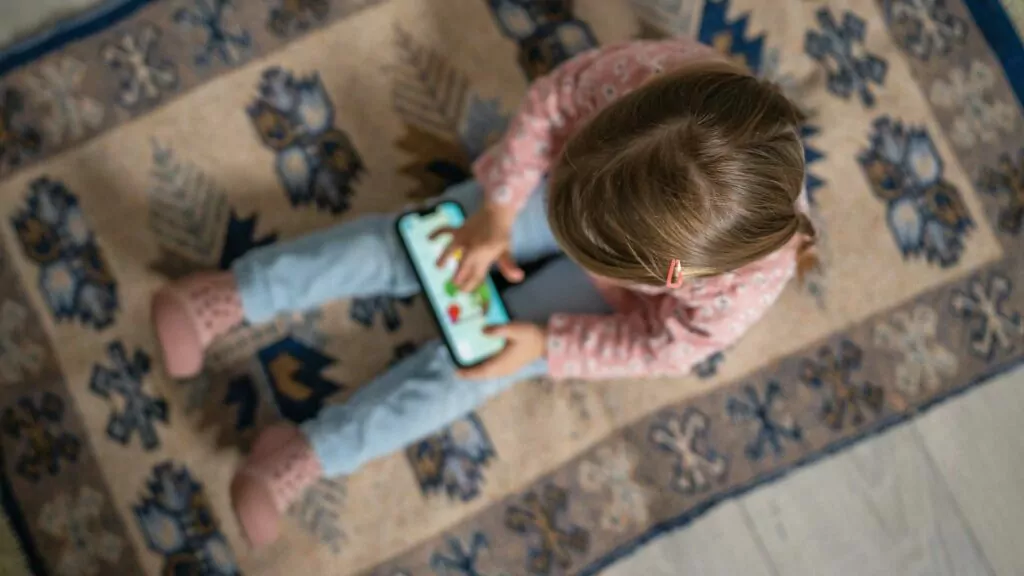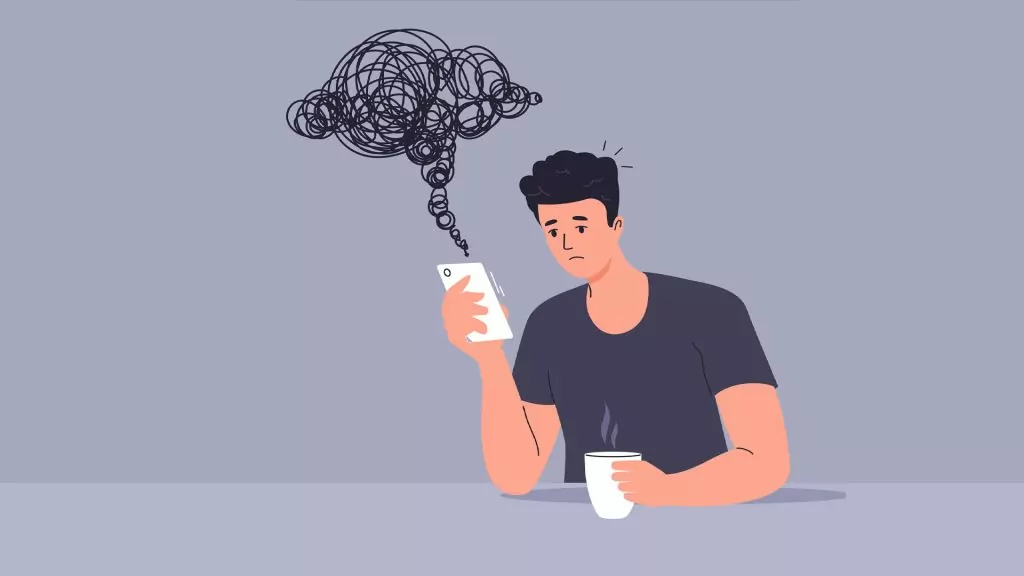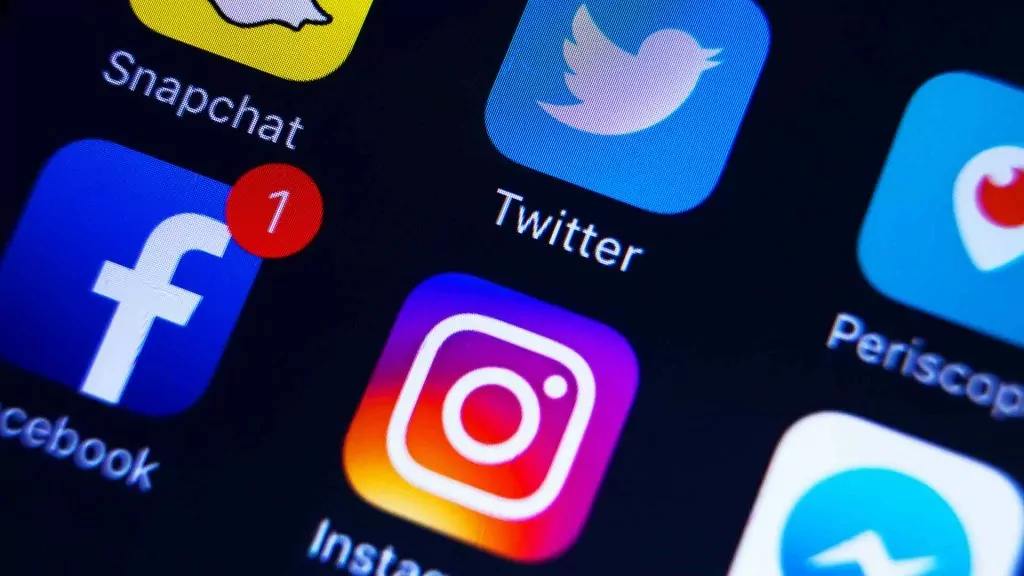
Internet
We took the No Screens Challenge
… and now we’re changing our habits
*****
Do you remember the last time you were without your phone for a day? Maybe you left it at your friend’s house, and couldn’t retrieve it till the next day, or maybe you misplaced it on your camping trip and it never showed up. How unsettling was that feeling? “What if someone needs to get a hold of me? How can I contact my friends about our schedules for tomorrow?” You likely felt very disconnected.
Even more unsettling might have been how much you missed your constant companion. First thing in the morning, you had nothing to scroll on in those minutes between waking up and leaving the warmth and comfort of your bed. When you sat to wait for the meeting to start at work, you had nothing to distract you from the waiting; you might (shudder) even have had to start a conversation with someone! Gasp!
Very different not long ago
Just twenty years ago, none of us carried an electronic device with us at all times, or at least, not one as capable as today’s iPhones and Androids. As of 2020, 96% of Canadians aged 15 to 44 owned such a device, and 87% of citizens aged 45 to 64.
So how are we being influenced by our phones? What habits have we developed that distract us from real life? Theologian David Wells summarizes the influence of smartphones in Tony Reinke’s book 12 Ways Your Phone is Changing You:
“There is no doubt that life is more highly distracted, because we get pings and beeps and text messages. We are, in fact, living with a parallel, virtual universe, a universe that can take all of the time that we have. What happens to us… when we are almost addicted to constant visual stimulation. What is this doing to us?”
Think about that phrase – “a universe that can take all of the time that we have” – how sad it would be if Christians allowed all of our time to be essentially squandered.
A challenge personalized
A few weeks ago, inspired by the Reformed Perspective “Screen Challenge” in the May/June issue, I joined a small group of Christians of varying ages in putting aside our screens for ten days. Our goal was to see how we could cope without them, and to discover if there were any habits we had developed that we would like to change.
Each of us had slightly different, self-imposed regulations – only one of us was able to go entirely screen free, since his work didn’t need a phone or screen, and a flip phone sufficed for his needs. For my own rules, I still used my phone’s communication tools (phoning and texting), but I gave up any entertainment or passive consumption through screens – no Netflix, no TV, no YouTube, no Facebook, no Internet browsing, no Craigslist, not even electronic books. I didn’t even watch the Leafs get eliminated in the NHL playoffs, but I figured I can always watch that again next spring (sorry, I couldn’t resist!).
Surprises
Ten days is not very long – but it was long enough for most of us in our group to realize that we had developed some poor habits.
At first, my hands would reach instinctively for my phone when I had a few leisure minutes, particularly in the evening, or first thing in the morning.
For some of us this screen fast was an opportunity to build up some better habits. One of our group said that she was able to start each day with a lot more energy, because she jumped out of bed as soon as her alarm went off, instead of “mindlessly scrolling” for a time. Another decided to make his Bible the first thing he reached for in the morning instead of his tablet, reading an extra few chapters each day, and catching up to the schedule of his “Bible in a Year.”
Almost all the participants said that they read many more printed books than they normally would have. Some visited a library for the first time in a few years, and some enjoyed “Books on Tape” in the car on their commute, rather than a podcast. (Remember when you used to stop in the driveway a few extra minutes because you just couldn’t wait to find out what happened next?) One Mom said that she stopped listening to podcasts, and didn’t really miss them, especially the ones with alarmist views, or fear-instilling content:
“Instead, I found myself pulling out my CD collection and listening to uplifting music – so much more relaxing!”
I was surprised at how much extra time I found in each day. I love watching soccer and hockey highlights, but it is amazing how watching just one set of highlights that should take about 10 minutes leads to a very interesting video about Nissans (they are amazing!), and then to a technology review, and then to coverage of an outrageous political statement, etc., etc.! My conscious decision to watch highlights of the Canucks game often leads to a lot of time wasted – I’m not making an active choice about what I want to watch next, but instead the YouTube algorithm keeps feeding me more and more and more, while I just watch passively. As one screen fast participant said,
“This made me think about my time, what that should look like, even down time. It’s so easy to scroll and watch but it takes a lot more brain power and creativity to be productive (even conversation!).”
A small number in our group did not complete the challenge: after less than 24 hours without screens, they dropped out. Perhaps they hadn't fully realized what they were committing to, or perhaps it was the wrong time to make such a radical change. (I hope they will be inspired to try again!) Most of us, however, were able to last the ten days, and all of us seemed to be glad that we did, because it forced us to look more closely at the relationship we have with our screens and devices.
Being the boss
It is difficult to “get by” in modern society without some kind of internet connected device. (Imagine trying to get on a “Swoop” flight without a phone!) But how can we make these devices better servants, and not allow them to become masters of our time? Here are some ideas to consider:
- Delete apps that you know are timewasters for you. Many of these will be apps that continue to “feed” you content based on their knowledge of your viewing preferences – Instagram, Facebook and YouTube are probably the top three for many adults. If you look up after 45 minutes on one of these apps, and can’t remember where the time went, or even what you watched, that’s an app you should delete!
- Put a timer on your phone to restrict data usage first thing in the morning, or after your evening meal. You can have a friend or sibling or spouse have the password so that you stick with your schedule.
- Don’t take your phone into your bedroom! Leave it to charge on the kitchen counter – you might have to invest in an old-fashioned alarm clock, but you will not regret it!
- Set a reasonable goal for how many minutes of “screen time” you are allowed per day, and monitor it daily.
- Practice a new household rule – we won’t watch screens alone; we’ll only watch content together (as a family, or as a couple).
- If you acknowledge that you too are spending too much time on your screens, and none of these ideas work, maybe you should trade your iPhone or Android for a flip phone, or a phone with no internet data. It’s radical, but why would you let that phone be your master?
Let’s do this together
In Ephesians 5, Paul tells the believers at Ephesus to:
“Look carefully then how you walk, not as unwise, but as wise, making the best use of the time, because the days are evil. Therefore, do not be foolish, but understand what the will of the Lord is.”
The RP Screen-Fast Challenge is an opportunity to encourage one another to “make the best use of the time.” And, if we fill the time that was being wasted with better reading materials, including our Bibles, we will indeed better understand what the will of the Lord is!
Good habits take time to develop, while it sometimes seems that bad habits stick to us instantly, like ticks embedded in our skin. (Can you picture your phone as a tick, engorged on your blood, and infecting you from outside?) If you haven’t taken the 10-day “No Screens” challenge yet, you should! Better yet, challenge your friends and family to join you, so you can encourage each other along the way. Your walk before the Lord will be less hindered by the cares and temptations of the world, and you will progress in godliness and virtue. If you don’t believe that statement – if you think I’m overhyping this – then try the challenge and see!































